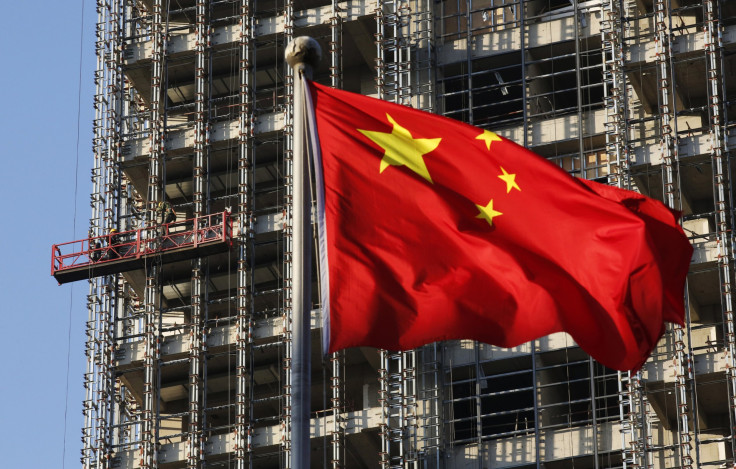Record Fall In Property Prices Brings More Bad News For China's Slumping Real Estate Market

SHANGHAI -- Property prices fell again in most major Chinese cities in February, amid continuing anxiety about the state of the country’s real estate sector. New house prices declined in 66 of 70 large- and medium-sized cities surveyed, according to China’s National Bureau of Statistics (NBS). Prices fell an average of 0.4 percent on the previous month, ending 5.7 percent lower than a year earlier, according to Reuters. It is the biggest year-on-year fall since the national survey began in 2011.
The only major cities that did not see a drop were the southern special economic zone of Shenzhen, where prices rose 0.2 percent, and the central industrial city of Wuhan, which saw no change. Prices for the secondary market also fell in 61 cities, though there were rises in five cities. The bureau blamed the sharp fall partly on February’s week-long Chinese New Year vacation, and predicted that prices would rebound this month. That did not stop the figures attracting widespread attention, however: one Chinese-language news website blared the headline: “Hangzhou house prices back to their level of five years ago?”
Such headlines are a reminder of China’s obsession with real estate prices: while falling prices could be seen as good news for the many citizens who feel that property in the country’s cities has become unaffordably expensive, the slowdown in the market has also raised widespread anxiety. A decade-long boom in the real estate sector, until the past few years, led many families to invest an unusually high proportion of their savings in property, leaving them vulnerable to a drop in prices.
The property sector is also thought to account for some 15 percent of China’s economic output, while land sales are estimated to amount to at least 40 percent of Chinese local governments’ revenues. The NBS also said on Wednesday that new land purchases by developers fell 31.7 percent year-on-year in the first two months of 2015.
Li-gang Liu, chief economist for Greater China at ANZ Bank, said in a note on Wednesday that weak property sales in the first months of the year have played a part in dragging down consumer confidence in China. The bank’s ANZ-Roy Morgan China Consumer Confidence Index fell to a record low in March, he said, though almost two-thirds of respondents still expected China’s economy to experience ‘good times’ next year. Liu noted that “the effect of recent monetary easing has been limited,” and said the government ought to take “more aggressive” measures to arrest economic slowdown.
Nervousness over the real estate market has been fueled by several recent developments: two of the best-known developers in Shenzhen, the southern Chinese boomtown across the border from Hong Kong, are reported to be under investigation for connections to an official detained in anti-corruption investigations. One of them, Kaisa Group, recently narrowly avoided defaulting on its dollar loans, but has continued to seek concessions from creditors, according to the Wall Street Journal. Meanwhile, Evergrande Real Estate, one of China’s largest developers, headed by prominent tycoon Xu Jiayin, revealed earlier this week that it had taken out an extra $16 billion in loans to help it cope with falling sales.
With total property sales in China down 7.6 percent last year, real estate companies have tried a number of measures to improve sales, including discounting and Internet marketing. And some analysts predict the government may take further steps to boost the market, including lowering the down payment needed for purchases, as it seeks to achieve a growth target of about 7 percent for the year.
Yet while the government has eased some restrictions in many cities, including rules preventing cheap housing loans for a second property, it has been unwilling to do the same in the biggest cities -- Shanghai, Beijing, Guangzhou and Shenzhen. One former adviser to China’s central bank said late last year that this was out of fear of stoking a further bubble in prices.
Some analysts say the government may have hit on one possible way of helping developers sell inventory without creating another bubble in house prices, with reports that it may be planning to convert unsold properties into social housing. The Chinese government has promised to build a million new subsidized ‘affordable’ homes this year, as part of a program to construct tens of millions such units during the course of this decade. But so far many developers have been reluctant to participate in the plan, considering the profits to be too low; it remains to be seen whether the current slump in the market will change their minds.
© Copyright IBTimes 2024. All rights reserved.





















